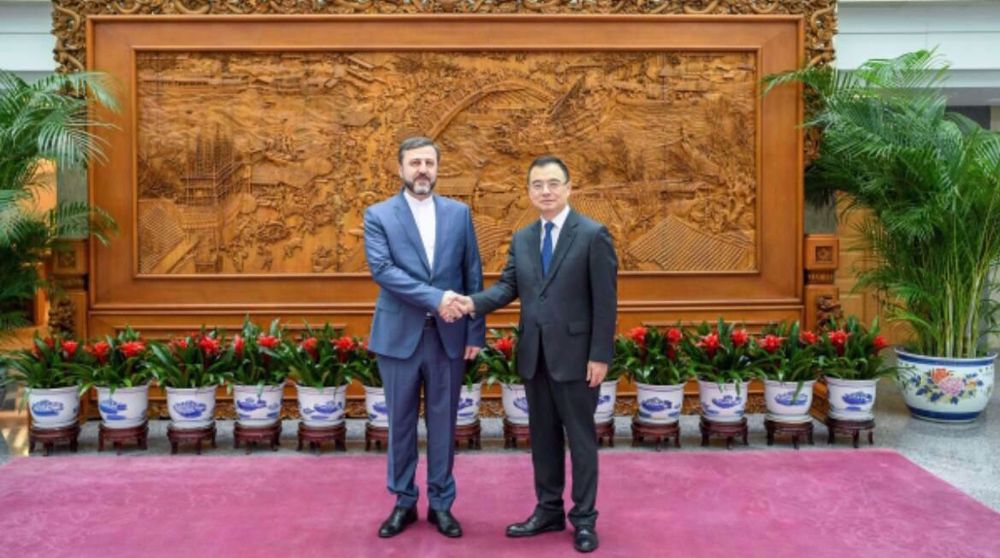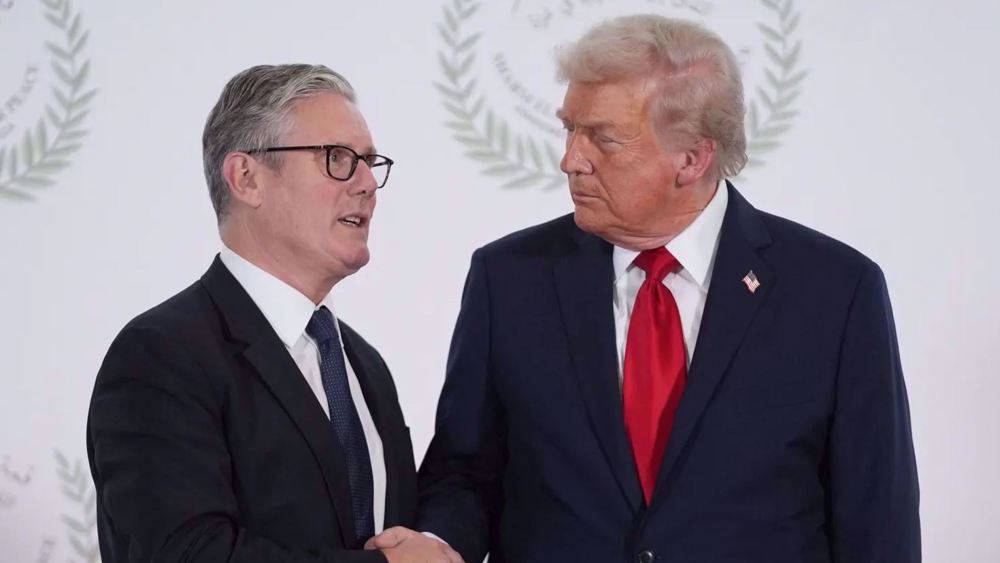Chinese troops set to patrol remote border area after India standoff
China says its troops will continue to patrol a remote Himalayan border region after resolving a months-long military standoff there with India.
Chinese Foreign Ministry spokeswoman Hua Chunying told a regular press briefing in Beijing on Tuesday that the forces would continue to be stationed in Doklam plateau.
"I've said that Chinese border troops will continue to be stationed and patrol in Doklam and we will continue to exercise our sovereignty according to historical conventions," media outlets quoted Hua as saying.
The spokeswomen, however, refused to disclose future plans for the road project that had triggered the confrontation on the remote area.
When asked whether Beijing would halt road building, she told reporters, "We'll take into consideration all relevant factors, including weather, to make any infrastructure plans, including road building."
The Indian government says Beijing and New Delhi have agreed to pull back their border forces. India’s Foreign Ministry earlier announced that New Delhi had reached an understanding with Beijing on the row, and that there would be an “expeditious disengagement” in Doklam. China has hailed the decision by the Indian military to withdraw.
Read more:
The standoff began in mid-June after Chinese troops began building a road in the area, which is disputed between China and India's ally, Bhutan. India itself does not claim the territory but has a military presence in Bhutan.
India intervened in the work by moving its soldiers into the flash-point zone to stop construction, prompting Beijing to accuse it of trespassing on Chinese soil.
During this period, China repeatedly told India to withdraw its troops. India responded by saying both sides should withdraw their troops.
The deployment infuriated Beijing, which retaliated by shutting down a nearby mountain pass that Indian pilgrims used to reach Mount Kailash, a sacred Hindu and Buddhist site in Tibet.
Heated rhetoric in both Beijing and New Delhi has raised concern over a renewal of hostilities that resulted in a short but deadly frontier war between the two sides in 1962, in which China emerged victorious.
The nuclear-armed powers share a 3,500-kilometer border, much of it is disputed between the two neighbors.
Border tensions eased ahead of BRICS summit
The border tensions eased days before India's Prime Minister Narendra Modi is expected to travel to China for a summit of the BRICS group of countries, which also includes Brazil, Russia and South Africa.
When asked if the border issue was settled in order to avoid conflict at the BRICS meetings, the Chinese spokeswoman only said that "ensuring the success of the summit serves interests of all relevant parties."
Separately, the tiny Himalayan country of Bhutan expressed relief that the crisis was apparently over. The country of fewer than a million people had been caught in the middle of what some analysts called the worst crisis in India-China ties in decades.
"Bhutan welcomes the disengagement by the two sides at the face-off site in the Doklam area," Bhutan's Foreign Ministry said in a statement. "We hope this contributes to the maintenance of peace and tranquillity and status quo along the borders of Bhutan, China and India, in keeping with existing agreements between the respective countries."
VIDEO | Press TV's news headlines
VIDEO | Indian regions celebrate Iran’s Islamic Revolution anniversary
Iran’s missile program will never be on negotiating table: Shamkhani
Hezbollah: 47 years of Iranian progress proof of ‘abject failure’ of Western plots
Iran’s Larijani meets Qatari emir amid nuclear talks with US
VIDEO | 47th anniversary of Islamic Revolution celebrated at Iran's Embassy to Holy See
VIDEO | Sana’a marks February 11 anniversary with mass rally at US embassy site
VIDEO | Iran’s Embassy in Ethiopia celebrates 47th anniversary of Islamic Revolution










 This makes it easy to access the Press TV website
This makes it easy to access the Press TV website